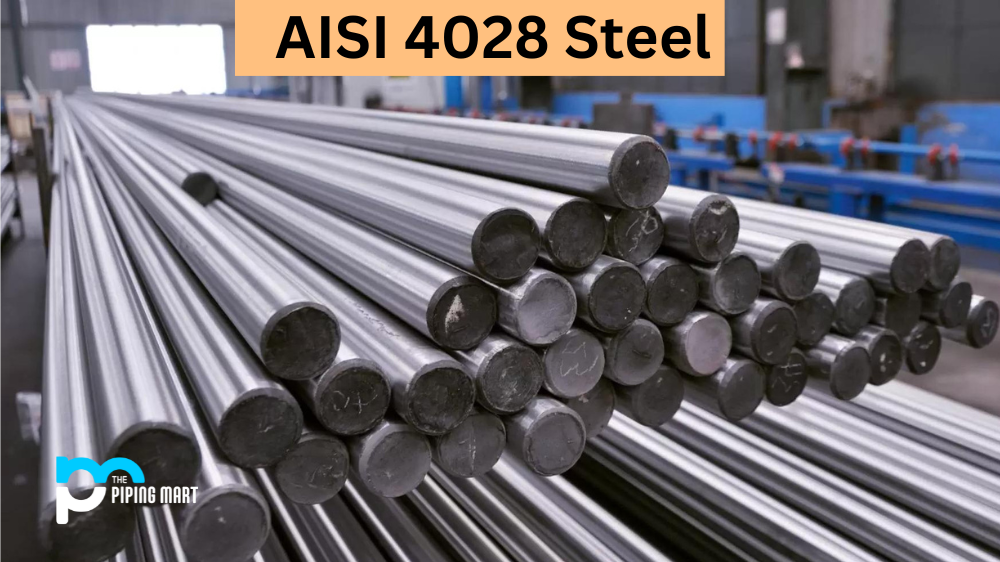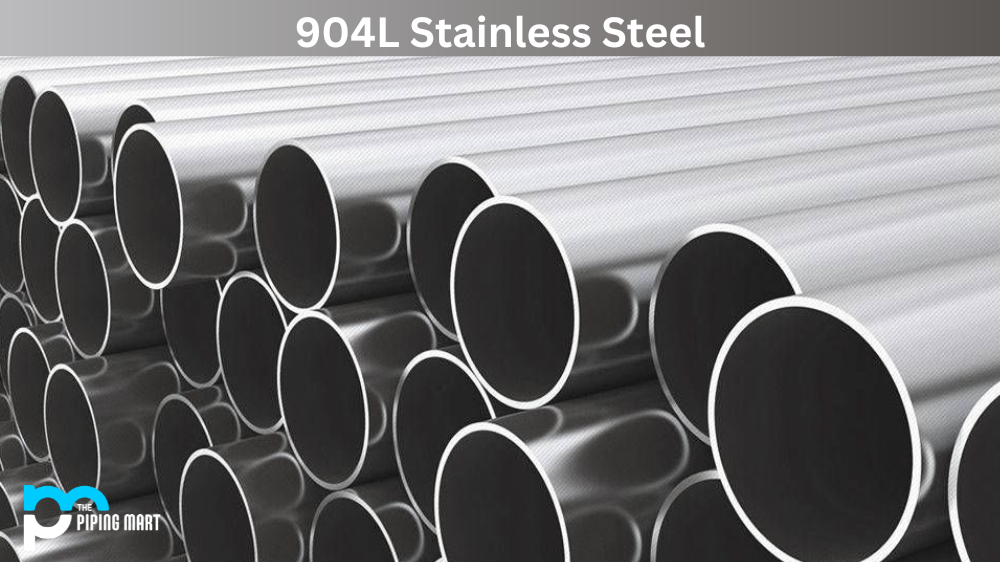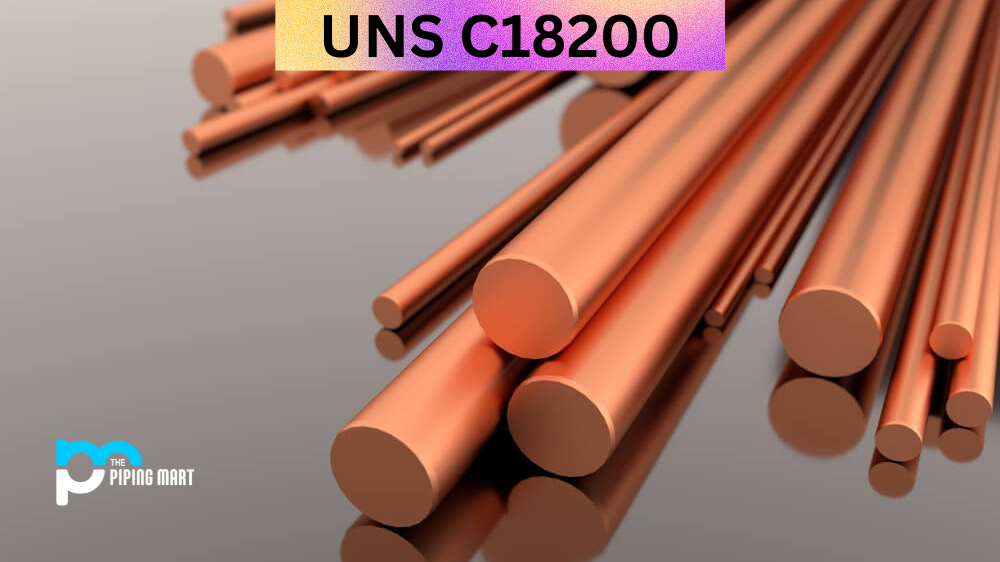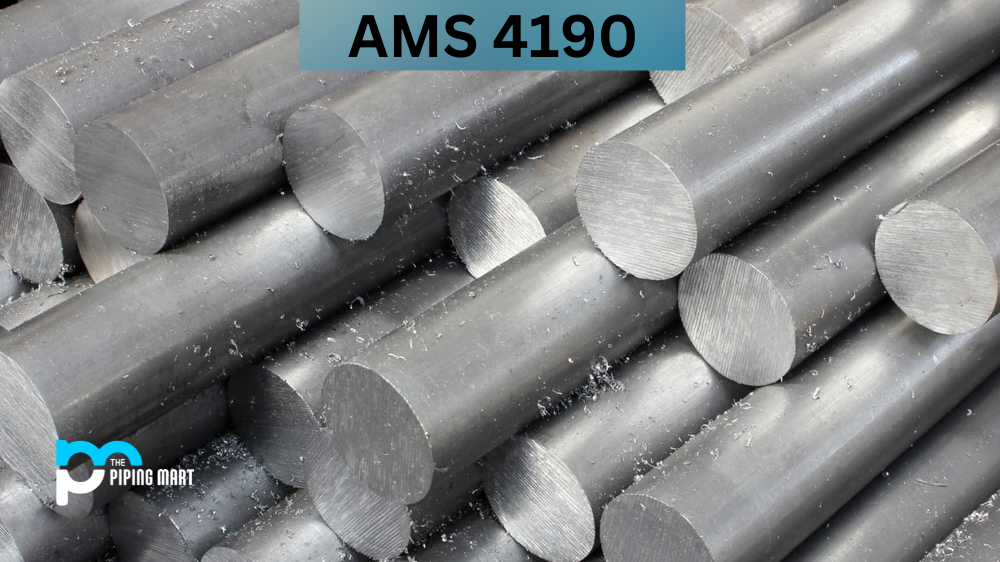AISI 4028, a high-carbon steel alloy, boasts a carbon content ranging from 0.25% to 0.30%, positioning it as a frequently employed steel grade in the United States. This alloy exhibits corrosion and heat resistance, alongside easy machinability, rendering it versatile for various applications. Its favorable properties make AISI 4028 a preferred choice, balancing durability and workability in diverse industrial settings. When it comes to finding a steel alloy that provides a combination of strength, durability, and wear resistance, AISI 4028 Alloy Steel (UNS G40280) is a top contender. This alloy is crafted from a strong combination of elements, carbon, manganese, silicon, and chromium. Their collaborative interaction results in the creation of a high-strength steel exhibiting outstanding hardenability. Known by its industry designation of SAE-AISI 4028 steel, this alloy is a popular choice for various industries that require a reliable, long-lasting material that can handle tough conditions. Overall, AISI 4028 Alloy Steel (UNS G40280) is a top-choice for those looking for a strong, durable, and wear-resistant material. Let’s take a closer look at AISI 4028 versatile grade of steel.
What Forms of AISI 4028 is Available at Piping Mart?
- Nut
- Bar
- Bolt
- Pipe
- Screw
- Tubing
- Valves
- Washers
- Flanges
- Fasteners
- Electrodes
- Stud Bolts
- Sheet Plates
- Pipe Fittings
- Forged Fitting
- Instrumentation Fittings
AISI 4028 Chemical Composition
| Element | Content (%) |
|---|---|
| Iron, Fe | 98.07 – 98.67 |
| Manganese, Mn | 0.70 – 0.90 |
| Carbon, C | 0.25 – 0.30 |
| Molybdenum, Mo | 0.20 – 0.30 |
| Silicon, Si | 0.15 – 0.35 |
| Sulfur, S | 0.035 – 0.050 |
| Phosphorous, P | 0.035 |
AISI 4028 Physical Properties
| Properties | Metric | Imperial |
|---|---|---|
| Density | 7.85 g/cm3 | 0.284 lb/in³ |
AISI 4028 Mechanical Properties
AISI 4028 exhibits mechanical properties such as a bulk modulus of approximately 140 GPa, elastic modulus around 190 GPa, and Poisson’s ratio of about 0.29. Its hardness values include Brinell hardness of 167-212, Rockwell B hardness of 91, and Vickers hardness of 199. These characteristics highlight its strength, resilience, and suitability for diverse applications.
| Properties | Metric | Imperial |
|---|---|---|
| Bulk modulus (typical for steel) | 140 GPa | 20300 ksi |
| Shear modulus (typical for steel) | 80 GPa | 11600 ksi |
| Elastic modulus | 190-210 GPa | 27557-30458 ksi |
| Poisson’s ratio | 0.27-0.30 | 0.27-0.30 |
| Hardness, Brinell | 167 – 212 | 167 – 212 |
| Hardness, Knoop (converted from Brinell hardness) | 212 | 212 |
| Hardness, Rockwell B (converted from Brinell hardness) | 91 | 91 |
| Hardness, Rockwell C (converted from Brinell hardness. Value below normal HRC range, for comparison purposes only) | 11 | 11 |
| Hardness, Vickers (converted from Brinell hardness) | 199 | 199 |
| Machinability (annealed and cold drawn. Based on 100 machinability for AISI 1212 steel) | 75 | 75 |
AISI 4028 Thermal Properties
| Properties | Metric | Imperial |
|---|---|---|
| Thermal conductivity (typical steel) | 44.5 W/mK | 309 BTU in/hr.ft.°F |
AISI 4028 Equivalent
- ASTM A322
- ASTM A331
- ASTM A519
- SAE J404
- SAE J412
- SAE J770
AISI 4028 Uses
AISI 4028 Uses in Industries
- Automotive Industry
- Construction Industry
- Aerospace Industry
- Oil and Gas Industry
- Manufacturing Industry
AISI 4028 Corrosion Resistance
AISI 4028 Heat Resistance
AISI 4028 Heat Treatment
To achieve maximum mechanical properties from AISI 4028 steel, it needs to be heat treated before being put into service. The alloy should be heated slowly until it reaches 1550–1600°F (843–871°C), then held at that temperature before being cooled at a rate no faster than 50°F (10°C) per hour until the desired hardness level is achieved. After cooling, the part should immediately be tempered or quenched depending on the desired mechanical properties needed from the final product.
AISI 4028 Machining
Due to its relatively low carbon content, AISI 4028 can be machined easily using conventional techniques such as turning and milling without any difficulty or special considerations needed during operation setup, like tool selection or cutting parameters adjustment. As an added bonus, the alloy does not require any post-machining treatments, such as stress relieving after the machining processes are complete.
Conclusion
In conclusion, AISI 4028 is an excellent material for many applications due to its versatility, durability, and strength. With proper heat treatment, it offers good corrosion resistance and machinability while being able to resist oxidation at temperatures up to 815° F (435 ° C). All these qualities make it an ideal choice for industries ranging from automotive manufacturing all the way through aerospace engineering so if you’re looking for a durable grade of steel with excellent thermal properties, consider giving AISI 4028 a try!

Abhishek is a seasoned blogger and industry expert, sharing his insights and knowledge on various topics. With his research, Abhishek offers valuable insights and tips for professionals and enthusiasts. Follow him for expert advice on the latest trends and developments in the metal industry.




